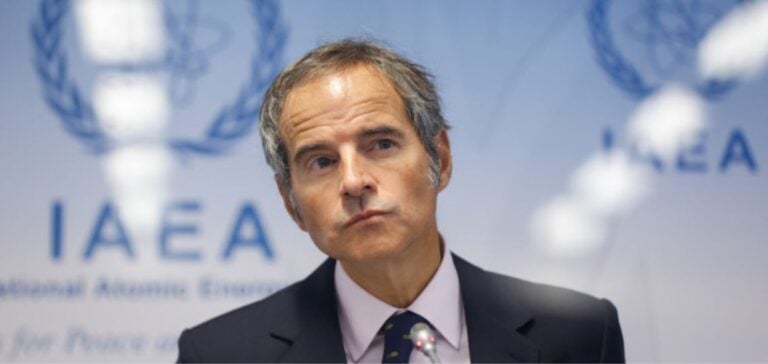The IAEA has announced that Rafael Grossi will visit Iran on May 6 and 7 to meet senior Iranian officials. The visit, confirmed by an IAEA spokesman, is the first since March 2023, and comes amid heightened tensions with Israel, exacerbated by retaliatory attacks on April 19.
Related events and nuclear safety
During his stay, Grossi will take part in the first international conference on nuclear energy in Isfahan, as reported by the Tasnim news agency. This context is marked by recent incidents where, despite reported explosions in Iran, no damage has been reported to nuclear facilities, according to IAEA statements.
Evolving relations and nuclear surveillance
The relationship between Iran and the IAEA has deteriorated since Grossi’s last visit. Iran has limited IAEA inspections, withdrawn expert accreditation and disconnected surveillance cameras, while continuing to enrich uranium to an alarming 60%.
International implications and reactions
Enrichment at such a high level places Iran as the only country without nuclear weapons to accumulate such a stockpile of enriched uranium, a point underlined by Grossi in March. These actions exacerbated international concerns about the possibility of Iran building atomic bombs.
Global context and nuclear agreements
These events come at a time when the 2015 nuclear agreement, the JCPOA, is in limbo following the withdrawal of the United States under Donald Trump in 2018 and the failure of talks in Vienna to revive the deal in 2022.
Rafael Grossi’s visit to Iran is a defining moment that could influence the course of regional tensions and the future management of Iran’s nuclear program.






















